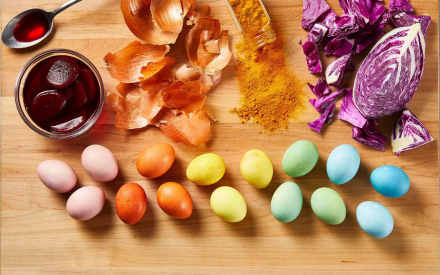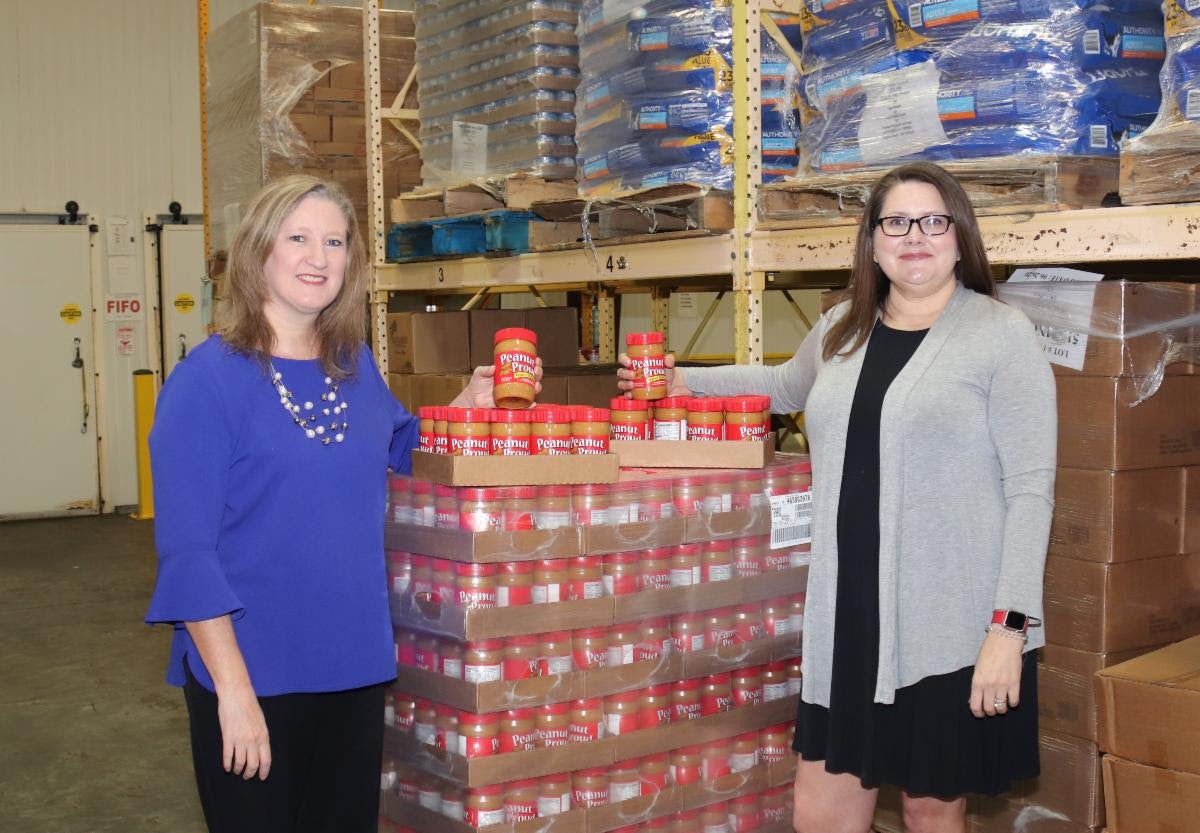Play it Safe with Easter Eggs this season
Published 9:20 am Thursday, March 31, 2022

- Easter eggs can be dyed in variety of ways, including with natural ingredients found at the grocery store, such as beets.
|
Getting your Trinity Audio player ready...
|
Egg decorating during the spring season is a tradition that dates back to the earliest civilizations. Most families use commercial dyes to give their Easter eggs festive colors, but people from earlier times used nuts, berries, and other common edible ingredients to produce natural dyes. This year try going “back to nature” with Easter eggs dyed naturally. Remember to use only edible ingredients that are food safe. Also, dyeing eggs with these ingredients is an art and not an exact science. So, have fun experimenting.
Begin with hard-cooked eggs or blown out eggshells. Select dye ingredient. (See below). Place in pan large enough for water to be one inch above the dye ingredient. Bring the water to a boil. Reduce the heat. Simmer for about 15 minutes or until the desired color has been achieved (during the dyeing process the eggs will not get as dark as the color of the water). Remove the pan from the heat; using a fine strainer or cheesecloth, strain the dye mixture into a liquid measuring cup. Add 2-3 teaspoons of white vinegar for each cup of strained dye liquid.
Pour the mixture into a container that is deep enough to completely cover the eggs, such as a tall glass. Place the eggs into the dye water until the desired color is achieved. Stir to allow the color to reach all the shell parts evenly. Remove eggs from dye, allow drying. Naturally dyed eggs will have a dull finish. Rub with vegetable oil for a more shiny appearance. Refrigerate immediately.
When decorating eggs, play it safe while handling fresh and hard cooked eggs! To avoid the possibility of foodborne illness, fresh eggs must be handled and stored correctly. Even eggs with clean shells and no cracks may occasionally contain Salmonella bacteria that can cause an intestinal infection. Keep in mind that once eggs have been cooked, food safety rules apply for proper handling, serving and storing.
Safety Tips for Easter Eggs:
• Always wash hands before and after handling raw or cooked eggs.
• Hard-cook, dye, and refrigerate within 2 hours.
• Use only food safe natural or commercial dyes.
• Non-refrigerated Easter eggs that are used as decorations should not be eaten.
• Hide and hunt eggs for 2 hours or less – 1 hour if the outdoor temperature is 90°F or higher.
• Hide only eggs that have been refrigerated with non-cracked shells. This eliminates possible bacterial contamination.
• Hide eggs in clean, dry areas that have not been exposed to pets or chemicals.
• Examine “found” eggs and discard ones with cracks.
• Wash and refrigerate usable “found” eggs at 40°F or below.
• Easter eggs must be eaten within seven days of cooking.




